Welcome To The Data Leak Lawyers Blog
We focus on the latest news surrounding data breaches, leaks and hacks plus daily internet security articles.
We focus on the latest news surrounding data breaches, leaks and hacks plus daily internet security articles.
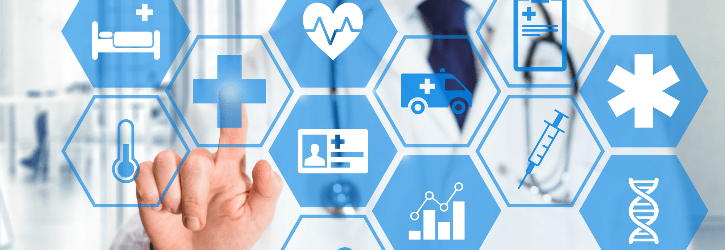
On top of the Covid-19 pandemic, healthcare organisations across the globe have also had to contend with rising healthcare cyberattacks since the outbreak began. Cybercriminals, perceiving that attention was diverted to managing the virus, have perhaps seen the pandemic as an opportunity to target hospitals and healthcare organisations under strain. The need for strong cybersecurity in the NHS has, therefore, never been more urgent.
Unfortunately, the NHS has not been known for good cybersecurity and data protection measures in the past, having suffered a number of severe cyberattacks and data breaches in recent years. One of the most infamous incidents was the WannaCry ransomware attack of 2017, where the NHS was said to be more susceptible to this attack due to a failure to follow cybersecurity recommendations.
Even within the context of the Covid-19 pandemic, there is no excuse for poor data protection by healthcare organisations, and the government must step in where funding is an issue. It is vital that action is taken to tackle the short-term threat, as well as planning for the future of cyberattacks.

Serving millions of patients across the UK, the NHS stores swathes of medical records in its databases. When correctly configured and protected, these databases can ensure that patients’ records are not subjected to unauthorised access or misuse. But, when errors are made, leaving patient records unsecured can have profound consequences for those affected.
The sensitivity of medical data can make it a prime target for hackers and fraudsters, so healthcare organisations have a duty to their patients to ensure that no private records fall into the wrong hands. However, even minor cybersecurity mistakes have been known to cause mass information exposure in the NHS.
Those affected by healthcare data breaches can be severely affected, but making a claim can enable victims to recover compensation for the harm caused. We have helped many victims of medical data breaches to make compensation claims, so contact us for free, no-obligation advice if you think you may have a claim to make.
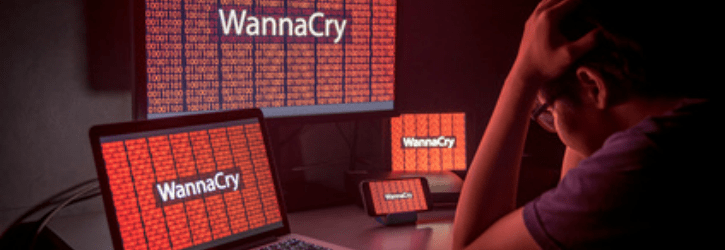
Healthcare organisations hold a vast array of different data about their patients, most of which is highly private and sensitive. Confidential medical information should be safeguarded by the principle of doctor-patient confidentiality, as well as by strong data protection measures. Unfortunately, the number of cybercriminals targeting medical data appears to be on the rise around the globe.
With medical information a prime target, it is important that all healthcare organisations ensure that their systems are secure, and that employees abide by strict data protection procedures. However, in too many cases, there appears to be holes in the defences that put patient data at risk.
Any patient that has been made vulnerable to data misuse by the errors of a healthcare organisation may be able to claim compensation for the harm caused. If you think that you may have a claim to make, you can contact us for free, no-obligation advice on your potential compensation claim.
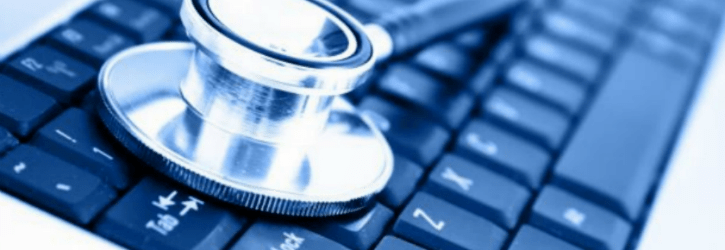
NHS test and trace contact centres have been implicated in a security controversy, after concerns were raised that staff have been using their personal email addresses for sending private health data, according to Healthcare IT News.
The test and trace scheme has been subjected to data security criticisms since its beginnings. Some worries look to have been proven right, given that a number of data breaches have exposed coronavirus test results over the past year. With the medical sector already a prime target for hackers, it seems clear to us that more needs to be done.
While the Covid-19 pandemic has challenged NHS staff and resources, it is still unacceptable that data security has been allowed to slip, particularly given that the pandemic has seen a spike in the occurrence of cyberattacks. Where sensitive medical information is at stake, there can be no room for error.

Three years have passed since the NHS Digital data breach was reported, in a wide-reaching incident affecting around 150,000 patients across the country. Patients affected had chosen to opt-out from their medical information being used for non-care related purposes, but a mistake made by the IT and data branch of the NHS caused their requests to not be upheld.
Medical details represent perhaps the most sensitive type of personal information about us, so health professionals and services owe an important duty to their patients to protect this information and keep it confidential. This includes giving patients the option to choose how their data is processed and used, empowering them to take control of data disclosure. As such, when the health service fails to observe the choices of patients, it can be an indication of inept and inadequate data protection.
We began taking on claims for those affected by the NHS Digital data breach soon after it came to light, and we can still register claims despite the time that has elapsed since the incident. Contact us now to receive free, no-obligation advice on your claim.

Medical data often constitutes some of the most sensitive information involving an individual, so the effects can be devastating if this information is exposed. Cybercriminals are all too aware of this fact, and in the world of data misuse, highly sensitive information is often very profitable. Some cyberattacks result in medical data leaked online, with criminals using it as a powerful bargaining tool.
In the wake of medical data breaches, many victims may feel vulnerable and anxious, fearing that their private information might have fallen into the hands of cybercriminals. Nothing can make up for the distress of this difficult aftermath period but making a compensation claim can help to achieve some form of justice for the harm caused.
Your Lawyers, as leading data breach experts, want to make sure all data breach victims can access justice. Victims can contact us for free, no-obligation advice on a potential compensation claim.
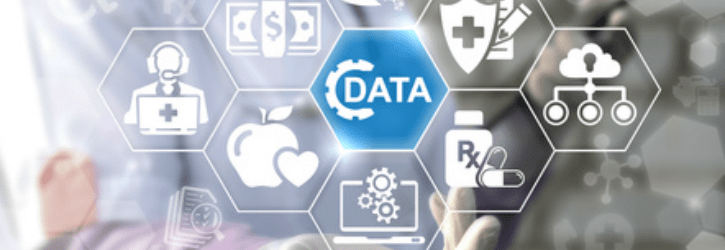
According to recent data analysis by Redscan, Trusts have begun to deal with and address NHS cyber-skills shortages in the past two years, although there is still a lot of ground to cover to tackle the problem of data breaches within the health service. In 2018, it was reportedly revealed by Redscan that around a quarter of NHS Trusts did not have security professionals, whereas now, the figure has dropped to 15% of Trusts.
Despite an average decline in the number of NHS data breaches reported to the ICO, it is still clear that personal information is still not being granted the full security it deserves. In our view, there is still a lot of work to be done to ensure all NHS Trusts have the appropriate cybersecurity and data protection breaches needed to keep data safe.
We have represented many clients for a number of NHS data breach cases over several years, so we have seen just how devastating the effects can be when sensitive medical information is compromised. In accordance with UK data protection law, every citizen has a right to strong data protection, which is why we can help victims of data breaches to assert their rights by making compensation claims.

A recent postbox theft at a GP surgery in Norwich has demonstrated the sometimes unexpected forms that data crime can come in. In late May, Hellesdon Medical Practice is understood to have informed its patients that a postbox had been stolen by an unknown person, causing a severe data breach due to the private correspondence it contained.
Data security incidents like this may be relatively small in scale compared to the huge cyberattacks affecting large companies in the digital age, but they still have the potential to severely impact the victims. The Hellesdon Medical Practice data breach also raises questions about how we can ensure the security of documents sent in the post, particularly when we don’t have the benefit of firewalls and encryption, as we often do in digital data transfer.
Any data exposure incidents involving physical records should be treated with the seriousness they deserve, as they can still constitute a breach of data protection law. Where a third-party data controller fails to effectively protect your information, you could be eligible to claim compensation for the harm caused.
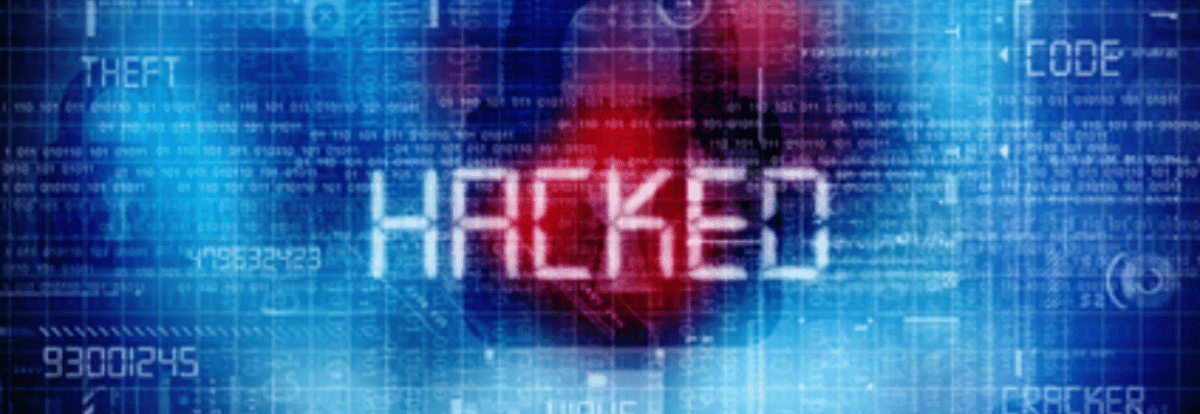
NHS CCTV cameras have reportedly been embroiled in a hack affecting security footage across the globe, after security company Verkada is understood to have been breached by hackers. It is said that live streams for as many as 150,000 Closed-Circuit Television (CCTV) cameras may have been viewed by unauthorised users.
Serving organisations include prisons, general businesses, schools and even psychiatric hospitals. The breach of Verkada’s cameras may have exposed the identities of many people working in, living in, or visiting affected institutions.
It is unclear exactly which feeds hackers may have viewed and what they gleaned from the footage, but it is nevertheless worrying to learn that a security firm has been subjected to such a wide-reaching breach. There is currently no evidence that any NHS camera feeds were viewed by hackers, but Verkada lists the NHS as one of its clients on the company website. Hackers have also claimed that they have been able to access the cameras of any of the affected organisations.

A woman has recently reported receiving the coronavirus test result of another unknown woman, reportedly sent in a text message by the NHS. Not only did the text reveal the negative test status of the unknown woman, it is understood that it also listed her full name, birth date and the result of her test. The recipient of the message has expressed concern that such a data breach was allowed to occur, particularly given that she took a coronavirus test in early January.
Concerns about data privacy have been linked to the Test and Trace system since its beginnings, with several data breach incidents linked to the scheme, including a major error by Public Health Wales. It is concerning that data privacy has fallen short on occasions in the effort to control the Covid-19 outbreak, especially given that mistakes such as misdirected texts can be so easily avoided.
The Test and Trace system may be designed to protect public health, but that does not mean data breaches like this can go unnoticed.
Fill out our quick call back form below and we'll contact you when you're ready to talk to us.